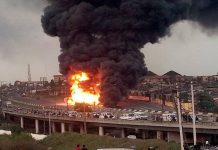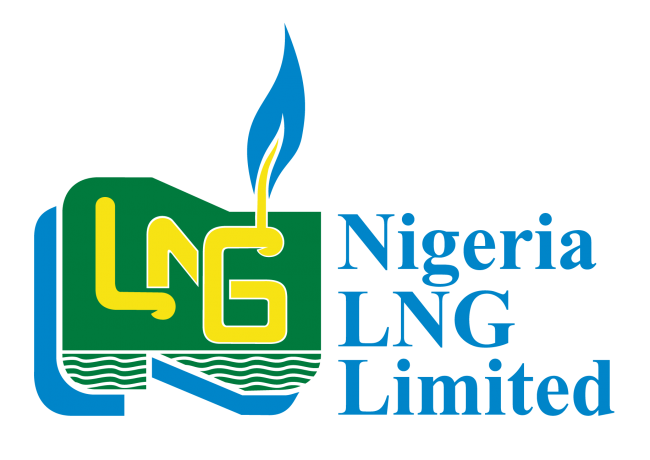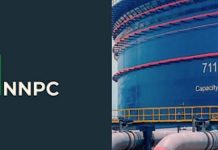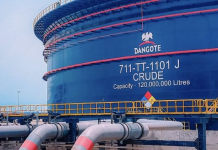Nigeria Liquefied Natural Gas Limited (NLNG) earnings this year may drop by as much as $6 billion over 50 per cent, compared to 2014 earnings.
The firm’s Managing Director, Babs Omotowa, told The Nation that the realities in the global oil and gas, especially in Nigeria, have adversely affected oil and gas operations.
To underscore the impact of the price crash, he said in 2011, when crude oil sold for as much as $140 per barrel, NLNG earned over $11 billion, but this year, considering low oil price and some local challenges confronting Nigeria’s oil and gas industry, anticipated earnings will be about $5 billion.
“Low oil price has affected our revenue significantly because gas price follows oil price. Compared to 2014 when oil price was about $140 per barrel when we had over $11 billion, this year we might be earning about $5 billion. That is clearly more than 50 per cent reduction in revenue,” he said.
“Oil price fluctuation is always expected, so from 2012 we had already started to plan in anticipation that oil and gas prices will come down. Since 2012 we had anticipated price crash and we have been working towards it.”
“We have been able to take action to minimise our cost because while we cannot control oil price, we can control our cost, and improve our efficiencies.”
“Even though we are more than 50 per cent lower in revenue, we will still be able to deliver a net income after tax of close to $6 billion at the end of the year,” he said.
On the impact of the renewed attacks on oil facilities by the Niger Delta militants, Omotowa said militancy affects the oil and gas industry in Nigeria and not just the NLNG.
He said the development of the region would help in significantly reducing insurgency, urging stakeholders to collaborate to achieve that objective with the government leading the way.
“Issues around militancy affect the entire oil and gas industry. Since 2008 when we started to see this insurgency in the Niger Delta, it has affected oil and gas generally, so I wouldn’t go to any specifics on NLNG but I will say for us as a country, this is a major issue that made the country to lower production and higher cost for the industry.”
“All the stakeholders must work together to try and find lasting solution for the betterment of the country.”
“It is an issue that we all need to pay attention to and find ways to resolve, bring all the gladiators together. I think the key thing at the end of the day is that the Niger Delta where oil and gas is produced has to be developed.”
“That is the fundamental cause that everybody can talk about – the devastation of the environment, poor skills, poor development and no infrastructure.”
“We all need to work together, government especially, which has the biggest role to play in providing infrastructure, and the oil and gas industry have to support in all that effort. I think if we all can address that, it will gradually bring an end to the insurgency,” he added.














